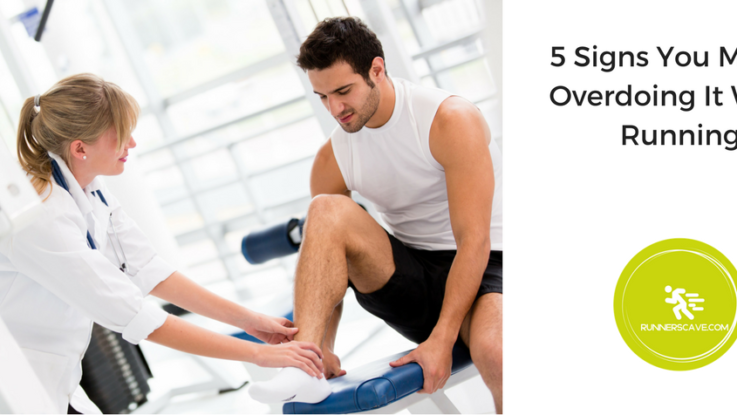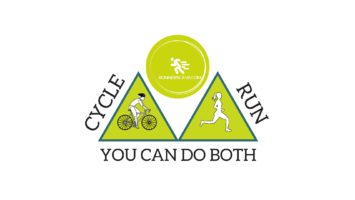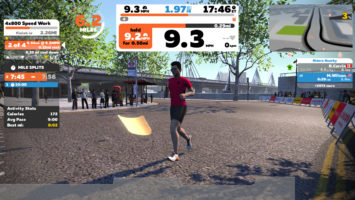
How to know when you’re overdoing it while running?
Wouldn’t it be great if we could run all day every day? Unfortunately, we are not machines, and unless you are Forest Gump, it’s likely that your body will have limits and you are maybe overdoing it while running.
Most days I’d love to be able just to run and not have to rest my ageing body, but now I appreciate a break can be as important as the actual running.
There are some sure signs that you may be overdoing it while training for that 10km race, or just running to improve your fitness. Here are some warnings that you need to rest up, or at least run less for a short period.
Chest pains
If I think back to my own personal running, this was probably the scariest sign that I was running too much. It started when I was training for a half marathon. I was probably running between 25 and 30 km a week; 5km three days and one more extended run. On the lead up to the race, I started getting mild chest pains, as if someone was sticking small pins in my chest. I used just to run it off, but looking back I should have taken it easy.
On race day I was about two-thirds of the way around, and I felt a slight ping in my chest. There was no way I was going to quit though. For a while, after that race, I would get chest pains quite frequently, so I cut right down. I was gutted as I was hoping to do a full marathon and never got the chance. I had several tests, but in the end, they told me it was just muscular pain. The marathon is still on my bucket list though.
Dizziness
If you experience dizziness during or after running, then it’s likely you’re not getting enough oxygen and should take a rest. This could be especially the case if you are running in hot weather. Living in Seville, where temperatures can reach 50 degrees. I never run in that heat, but at times it’s impossible to run in less than 20 degrees.
I experienced dizziness while training for my half marathon. I’m a bit stubborn though, so I just ran through it, but looking back I should have slowed down or just walked. Make sure you have plenty of water on hand and also that you are hydrated when you start running to avoid this problem.
Aching joints
Unfortunately, no matter how padded your trainers are, or how much stretching you do, running is terrible for your joints, especially your knees and ankles. This pain could build up over time, and you may notice it get worse on the longer runs.
I get problems with my foot, and I have to rest up now and then. In the past, I’ve had issues with my knees too and have tried knee supports which worked well.
Changing your trainers could be the most crucial step you take though. Pop into your local sports shoe shop and find out whether you’re an overpronator or underpronator as this could affect how you land and a change of shoes might set you back on track.
Pulled muscles
This one is pretty obvious. If you feel your calf or hamstring go quite quickly and it’s a sure sign you’ve gone a tad too far. As soon as this happens, stop and stretch it out, if running is still tricky, then you’ll have to lay off the running for a while.
The good thing about this injury is that with proper stretching and slower exercise you can probably fix this quite quickly unless you tear a muscle, then you’ll be sitting on the sidelines. To avoid this, make sure you stretch all the primary muscles before and after running, and not just your lower body but upper too.
Shortness of breath
If you haven’t run for a while and have maybe increased your distance too quickly, you may experience shortness of breath as your stamina might not be up to the level yet. This is not good, try to increase your distance and time gradually. For example, one minute or half a kilometre extra per run.
You may be running too fast as well. A great tactic is interval training, where you sprint and slow to increase your lung capacity and heart strength gradually. Try to slow down a bit and take it easy, you should be enjoying your running, and not feel as though it’s an obligation.
It’s easy to be overdoing it while running and pick up knocks and injuries. My best advice would be to take things slowly, gradually increase your distance, time, and speed, and stretch before and after every run. If you have severe pain or problem, then you’ll have to rest up and maybe get some medical advice. Give your body the proper rest and fuel to thoroughly enjoy your running.
Have you been overdoing it while running? Have you injured yourself? Leave us a comment below or Tweet us — happy running.





Leave a Reply